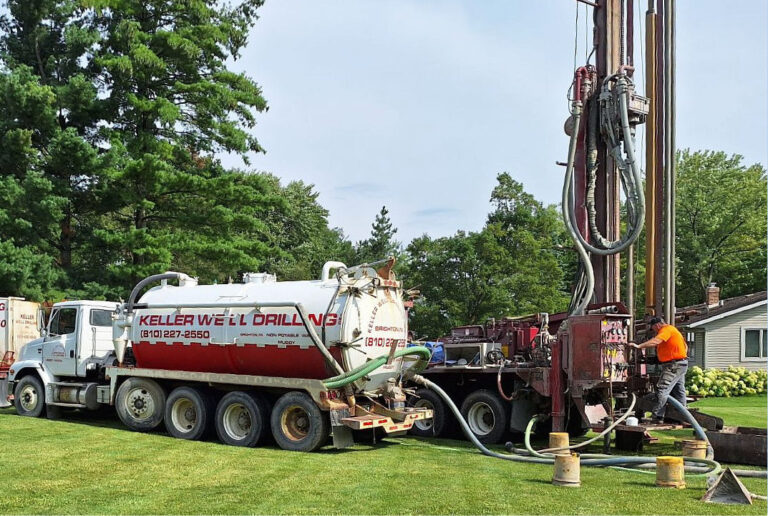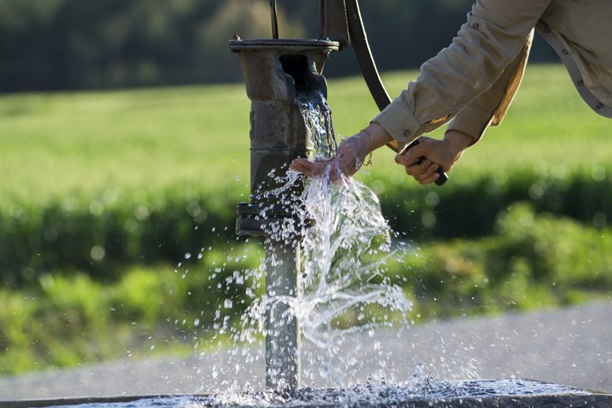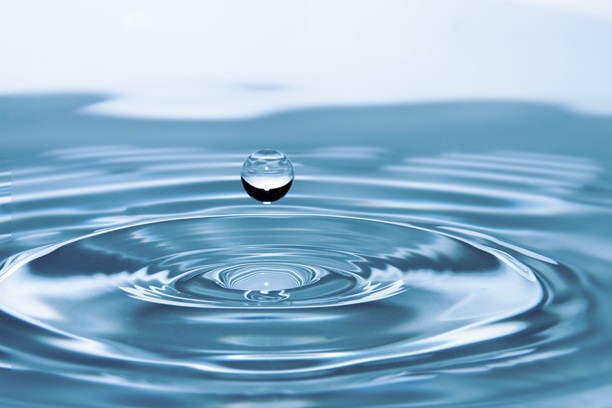Whether you’re considering tapping into a groundwater source for your property or in need of a new well for agricultural or industrial purposes, the decision to embark on DIY well drilling or hire a professional involves careful consideration of various factors. Both options come with their own set of advantages and disadvantages, impacting not only the success of the drilling process but also the long-term reliability and safety of your water supply. Let’s delve into the pros and cons of DIY vs. professional well drilling to help you make an informed decision.
DIY Well Drilling:
Pros:
- Cost Savings: One of the primary reasons homeowners may opt for DIY well drilling is the potential cost savings. By eliminating labor costs associated with hiring a professional drilling contractor, DIY enthusiasts can significantly reduce upfront expenses.
- Control Over the Process: DIY drilling provides homeowners with complete control over the entire drilling process, from selecting the drilling site to operating the equipment. This hands-on approach allows individuals to tailor the drilling process to their specific preferences and requirements.
- Personal Satisfaction: Completing a DIY well drilling project can be immensely gratifying. The sense of accomplishment that comes from successfully accessing a groundwater source on your property can be a source of pride and satisfaction for homeowners who enjoy taking on DIY projects.
Cons:
- Lack of Expertise: Perhaps the most significant drawback of DIY well drilling is the lack of expertise and specialized knowledge. Drilling a well requires a thorough understanding of geological conditions, groundwater dynamics, and drilling techniques, which many homeowners may lack.
- Equipment Limitations: DIY enthusiasts may not have access to the specialized equipment and machinery required for effective and efficient well drilling. Without proper equipment, drilling progress may be slow, and the quality of the well may be compromised.
- Potential for Errors: Inexperienced individuals attempting DIY well drilling are more prone to making mistakes that can have costly consequences. Errors such as improper casing installation, inadequate sealing, or hitting unexpected geological formations can result in a non-functional or contaminated well.
Professional Well Drilling:
Pros:
- Expertise and Experience: Professional drilling contractors possess the expertise, training, and experience necessary to execute well drilling projects with precision and efficiency. They understand the complexities of groundwater extraction and can navigate various geological challenges effectively.
- Access to Specialized Equipment: Professional drilling companies have access to state-of-the-art drilling equipment and tools designed for optimal performance and productivity. This specialized equipment allows professionals to complete drilling projects quickly and accurately.
- Compliance and Regulations: Well drilling is subject to numerous regulations and permitting requirements to protect groundwater resources and public health. Professional drilling contractors have a thorough understanding of these regulations and ensure that drilling projects comply with all applicable laws and standards.
Cons:
- Higher Upfront Costs: One of the main drawbacks of hiring a professional drilling contractor is the higher upfront costs associated with professional fees and services. However, these costs are often justified by the quality of workmanship and assurance of a reliable water supply.
- Limited Control: When hiring a professional drilling contractor, homeowners relinquish some control over the drilling process. While professionals consult with clients and provide recommendations, the ultimate decision-making authority lies with the contractor.
- Dependence on Scheduling: Homeowners may need to coordinate with professional drilling contractors and adhere to their schedules, which can result in longer wait times for drilling services, especially during peak seasons or busy periods.
In conclusion, the decision between DIY and professional well drilling depends on various factors, including budget, expertise, equipment availability, and project complexity. While DIY drilling offers potential cost savings and personal satisfaction, it carries significant risks associated with lack of expertise and equipment limitations. In contrast, professional drilling ensures high-quality workmanship, compliance with regulations, and peace of mind, albeit at a higher initial investment. Ultimately, homeowners must weigh these pros and cons carefully to determine the most suitable approach for their well drilling needs. Whether opting for DIY or hiring a professional, the goal remains the same: to secure a safe, reliable, and sustainable water supply for years to come.




